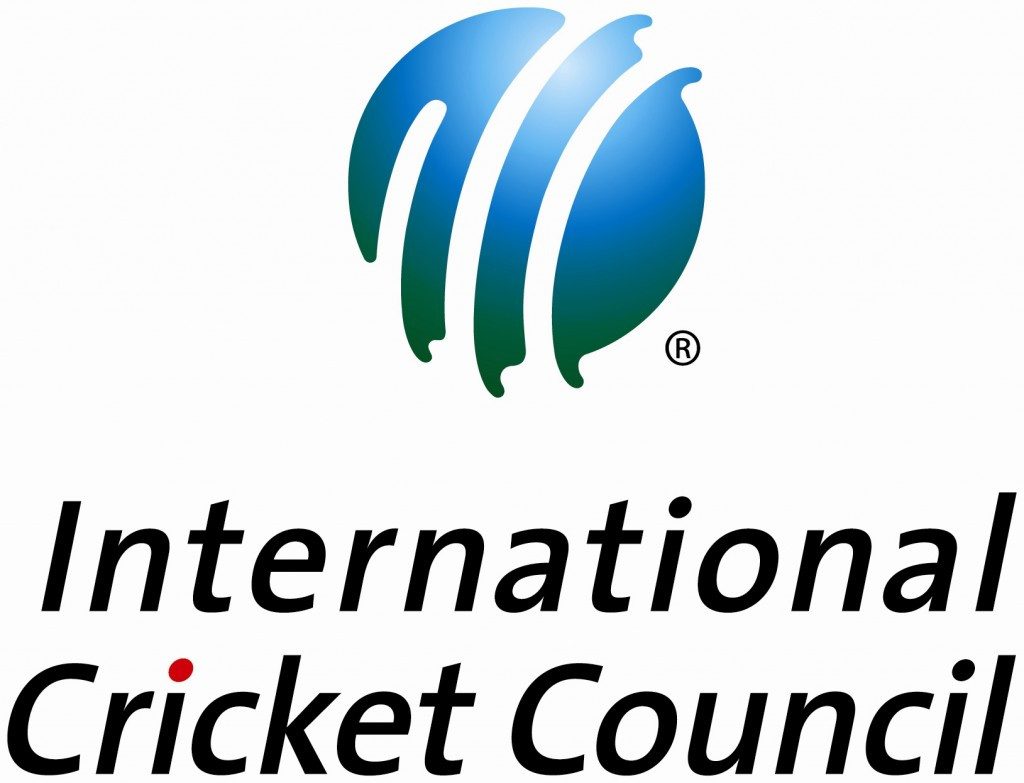 DUBAI: The International Cricket Council (ICC) has charged three Hong Kong players with 19 counts of breaching the ICC Anti-Corruption Code. Irfan Ahmed will face nine charges, whilst Nadeem Ahmed and Haseeb Amjad are each charged with five breaches of the Code.
DUBAI: The International Cricket Council (ICC) has charged three Hong Kong players with 19 counts of breaching the ICC Anti-Corruption Code. Irfan Ahmed will face nine charges, whilst Nadeem Ahmed and Haseeb Amjad are each charged with five breaches of the Code.
The players have been provisionally suspended with immediate effect pending determination of these charges.
Irfan Ahmed has been charged with the following nine offences under the Code
Article 2.1.1 of the 2012 Code – fixing or contriving or otherwise influencing improperly, or being a party to an effort to fix or contrive or otherwise influence improperly, the result, progress, conduct or any other aspect of the Hong Kong v Scotland match of 13 January 2014.
Article 2.4.2 of the 2012 Code – failure to disclose full details of any approaches or invitations received to engage in conduct that would amount to a breach of the 2012 Code in relation to the Hong Kong v Scotland match of 13 January 2014.
Article 2.1.1 of the 2012 Code – fixing or contriving or otherwise influencing improperly, or being a party to an effort to fix or contrive or otherwise influence improperly, the result, progress, conduct or any other aspect of the Hong Kong v Canada match of 17 January 2014.
Article 2.1.3 of the 2012 Code – failure, for reward, to perform to one’s abilities in the Hong Kong v Canada match of 17 January 2014.
Article 2.4.2 of the 2012 Code – failure to disclose full details of any approaches or invitations received to engage in conduct that would amount to a breach of the 2012 Code in relation to the Hong Kong v Canada match of 17 January 2014.
Article 2.1.2 of the 2012 Code – seeking, accepting, offering or agreeing to accept a bribe or other Reward to fix or contrive or otherwise influence improperly the result, progress, conduct or any other aspect of the Hong Kong v Zimbabwe match of 12 March 2014.
Article 2.1.3 of the 2014 Code – seeking, accepting, offering or agreeing to accept a bribe or other Reward to fix or contrive or otherwise improperly influence the result, progress, conduct or any other aspect of one of more of the ICC World T20 Qualifiers in July 2015
Article 2.4.4 of the 2014 Code – failure to disclose full details of any approaches or invitations received to engage in Corrupt Conduct under the 2014 Code in relation to one or more of the ICC World T20 Qualifiers in July 2015.
Article 2.1.3 of the 2014 Code – seeking, accepting, offering or agreeing to accept a bribe or other Reward to fix or contrive or otherwise improperly influence the result, progress, conduct or any other aspect of one of more of the 2016 ICC World T20 matches.
Nadeem Ahmed has been charged with the following five offences under the Code:
Article 2.1.1 of the 2012 Code – fixing or contriving or otherwise influencing improperly, or being a party to an effort to fix or contrive or otherwise influence improperly, the result, progress, conduct or any other aspect of the Hong Kong v Scotland match of 13 January 2014.
Article 2.4.2 of the 2012 Code – failure to disclose full details of any approaches or invitations received to engage in conduct that would amount to a breach of the 2012 Code in relation to the Hong Kong v Scotland match of 13 January 2014.
Article 2.1.1 of the 2012 Code – fixing or contriving or otherwise influencing improperly, or being a party to an effort to fix or contrive or otherwise influence improperly, the result, progress, conduct or any other aspect of the Hong Kong v Canada match of 17 January 2014.
Article 2.4.2 of the 2012 Code – failure to disclose full details of any approaches or invitations received to engage in conduct that would amount to a breach of the 2012 Code in relation to the Hong Kong v Canada match of 17 January 2014.
Article 2.1.3 of the 2014 Code – seeking, accepting, offering or agreeing to accept a bribe or other Reward to fix or contrive or otherwise improperly influence the result, progress, conduct or any other aspect of one of more of the 2016 ICC World T20 matches.
Haseeb Amjad has been charged with the following five offences under the Code:
Article 2.1.1 of the 2012 Code –fixing or contriving or otherwise influencing improperly, or being a party to an effort to fix or contrive or otherwise influence improperly, the result, progress, conduct or any other aspect of the Hong Kong v Scotland match of 13 January 2014.
Article 2.4.2 of the 2012 Code – failure to disclose full details of any approaches or invitations received to engage in conduct that would amount to a breach of the 2012 Code in relation to the Hong Kong v Scotland match of 13 January 2014.
Article 2.1.1 of the 2012 Code – fixing or contriving or otherwise influencing improperly, or being a party to an effort to fix or contrive or otherwise influence improperly, the result, progress, conduct or any other aspect of the Hong Kong v Canada match of 17 January 2014.
Article 2.4.2 of the 2012 Code – failure to disclose full details of any approaches or invitations received to engage in conduct that would amount to a breach of the 2012 Code in relation to the Hong Kong v Canada match of 17 January 2014.
Article 2.1.3 of the 2012 Code – failure, for reward, to perform to one’s abilities in the Hong Kong v Canada match of 17 January 2014.
Irfan Ahmed was suspended by the ICC in April 2016 for admitting breaches of the Anti-Corruption Code.
The players have 14 days from 8 October 2018 to respond to the charges. The ICC will not make any further comment in respect of these charges at this stage.
The ICC is the global governing body for cricket. Representing 104 members, the ICC governs and administrates the game and is responsible for the staging of major international tournaments including the ICC World Cup and Women’s World Cup, ICC Champions Trophy and the ICC Men’s and Women’s World T20.
The ICC presides over the ICC Code of Conduct which sets the professional standards of discipline for international cricket, playing conditions, bowling reviews and other ICC regulations. The Laws of the game remain under the auspices of the MCC.
The ICC also appoints the umpires and referees that officiate at all sanctioned Test matches, One Day International and Twenty20 Internationals. Through the Anti-Corruption Unit it coordinates action against corruption and match fixing.
The ICC Development department works with associate members to improve the quality of international cricket, build better cricket systems, get more people playing cricket and grow the game.







